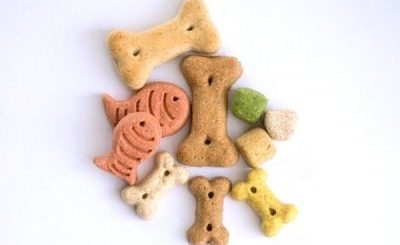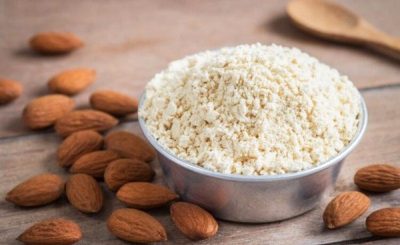What are the Benefits of Low Carbohydrate Diet for Overweight Dogs?

Today, several people have realized that a diet which has extra carbohydrates can result in diabetes. And one wonders whether the same health hazard is applicable for dogs. The simple answer is yes. Hence, in this article, we will delve into why dogs opting for a low card food regime.
What is known as low-carbohydrate dog food?
Before delving deep, it’s essential to establish a few fundamental facts. Every food comprises three macronutrients: carbohydrates, fats, and protein. And even though dogs are carnivores, they consume all three macronutrients available. And at times, dogs get categorized as omnivores, which means they can eat wild fruits, berries, and vegetables. Hence, they can eat anything that they can digest. Having said that, the ancestral canine diet used to have restricted carbohydrates. And the wolf’s diet, a dog’s predecessor, generally contains 45% fat, 54% protein, and just 1% carbohydrate.
And while most dogs get benefitted from nutrient-rich complex carbohydrates such as carrots and broccoli, it is also essential to cook simple carbs such as potatoes and rice. If you look at the commercial dog foods, it comprises of 40% and 70% of the carbs. And at times, its simple carbs such as potato and rice which offer less nutritional value.
Hence, if you come across high-quality, low carb dog food that will have a reduced carb content. It means it contains 30% and fewer carbs and sometimes as less than 15% to 10%. When the carb content gets curbed down, your dog can have access to foods that are rich in nutrients which doesn’t lead to an increase in the levels in blood glucose.
The impacts of high-carb diet on a dog’s health
There are downsides of having a high-carb diet for your dog. The following pointers are essential to consider.
The impact on blood sugar
In a basic study, three diets got compared in the dogs. However, the multiple biomarkers, comprising the glucose and insulin levels, were tested after a meal. The diet got fed to the dogs for about three weeks. The outcome was clear. After consuming a diet rich in carbohydrates, the after-meal glucose level in dogs stayed very high. And in some dogs, the insulin, triglycerides and glucose took almost 12 hours to get back to baseline.
The impact on weight loss
In another study, low-carb and high-protein diets got suggested for managing obesity in dogs. And this diet was meant to lead to weight by enabling the body fat metabolism without bringing down the caloric intake.
The energy release
One of the most profound impacts of high-carb diet was working dogs. And since working dogs are busy all day, they need to be on a healthy diet. According to a study, even though the blood’s total glucose and insulin concentration didn’t differ much in a low-carb or high-card diets at baseline, but the concentration increased after a meal that had increased carbohydrates. And this increase in insulin and blood glucose levels are bothersome. It is especially true for dogs who are diabetic and might have to work hard to retain glycemic management.
Hence, it is evident that a low-carb diet is always beneficial for a dog so that they stay in good shape and retain sufficient energy.











